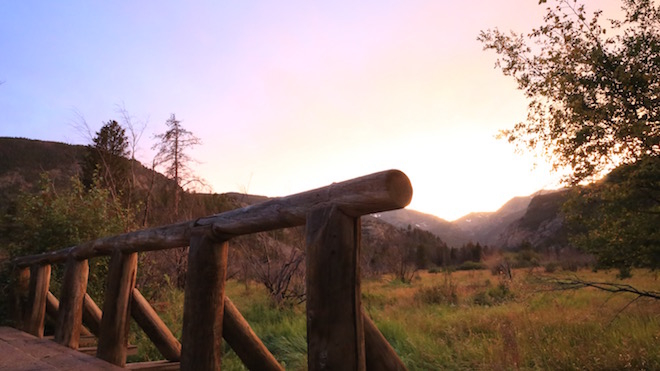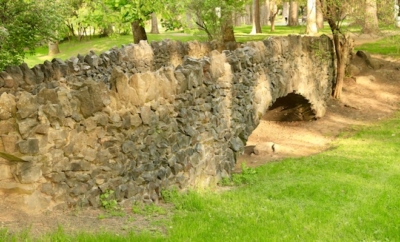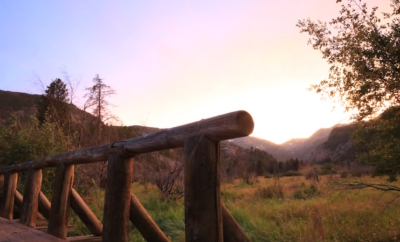
Mindfulness
Meditation
Many people have difficulty living spontaneously in the moment. They are focused on the past or the future. Their minds wander. They worry about events or interactions far removed from their immediate situations.
They are usually obsessed with the past and all the things that have gone wrong in it. Or they might spend their time pondering the fact that things used to be better and can never be that good again. They also worry about the future and focus their energies on accomplishing goals like getting married, having enough money to buy a new house or a new car, starting a family, or going on vacation.
They cannot be fully blamed for this attitude because our consumer culture fosters it. We spend our lives working towards the mirages that our society promises will finally provide happiness and we miss out on all that life has to offer in the process. After finally achieving our goals we find ourselves in the same existential vacuum that has always gripped us. We are not saying that there is anything inherently wrong with planning for the future or thinking about the past. It’s important to remember that both of these activities occur in the present though. Your entire life is spent in the present, so the more you are engaged with it the better.
When you live life in the moment and are able to spontaneously and fully interact with your environment you are in a state of meditation. It’s really that simple. Many do not consider walking in nature, or rock climbing, or spending quality time with your best friends, or reading a great book, or feeling moved by a musical piece, or playing a musical instrument, or exercising to be meditations but they all can be. Most of the masters from Eastern traditions spend their entire lives in a state of meditation. Whether they are washing the dishes, talking with friends, or wrapped up in the shape of a pretzel in contemplative silence they are doing it joyfully in the moment.
The true value of setting aside time every day to conscientiously practice meditation in a quiet place is that it’s intense exercise for your mind. When you are in good shape from physical exercise your body is able to perform all tasks easier. Whether you are playing sports or walking up a hill to the grocery store it’s a less taxing experience. Focused meditation gives you a chance to work at being fully in the here and now, and as this state becomes second nature to you the attitude will start to seep into everything you do.
You can start by meditating for fifteen minutes a day. The key thing to keep in mind is that this is a time to leave judgments at the door. Many of us are obsessed with judgment. We worry about how others perceive us and we judge ourselves quite harshly. Nothing is ever good enough. We are usually our own worst critics. When you are practicing meditation, whatever thought or emotion comes into your head is the right one because it is yours. Notice it and be aware of it in the moment, but refrain from putting any sort of value judgment on what it means about you or your life.
Make a quiet place for yourself where you will not be bothered for these fifteen minutes. This means no television, no radio, no kids running around, no husband or wife knocking on the door to ask a question, no cell phones. We all have busy schedules but fifteen minutes is doable for everyone. This is your life, your mental health, your sense of fulfillment, and ultimately your happiness on the line. Do whatever it takes to make it work.
Make sure the place you choose to meditate is free of clutter. You want it to be a space of peace and relaxation. Set an alarm to go off after the elapsed amount of time so you do not have to constantly look at the clock. You do not need to worry about being super flexible, or even flexible at all. Most of the mental health professionals I know who meditate do it sitting in a chair. Make sure that both your feet are planted firmly on the ground about shoulder length apart from each other. Place your hands on your knees, keep your back straight, and make sure your shoulders are relaxed. You want to be comfortable but not slouching. Most people choose to close their eyes.
Let your breathing slow and make sure it is rhythmic. Many teachers of meditation focus exclusively on breathing, and it’s a great way if you are just starting out to help you concentrate on something other than your thoughts. Remember that when thoughts and emotions do come into your awareness it is completely okay and natural. Let them float across your conscious awareness like clouds floating across the sky. Do not try to hold on to them or let go of them. Just let them be and when they are ready to leave they will. Like we said, this is a time for no judgments. Most of us do plenty of that during the rest of the day.
Do not let yourself get discouraged, especially when starting out. If you get distracted or start to feel impatient roll with it. You are doing something that is foreign to your style of living and there are going to be setbacks. Remember to be nonjudgmental about these setbacks and about yourself. I have so many clients who felt silly about starting meditation and now could not imagine their lives without it. Just keep going, make it a part of every day, and have faith that with practice you will spend more time inhabiting the moment in every aspect of your life.




